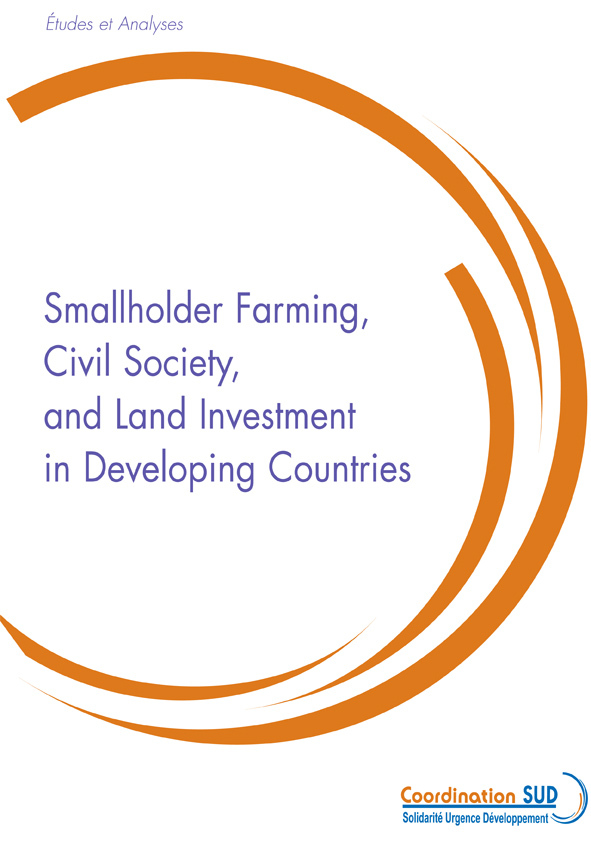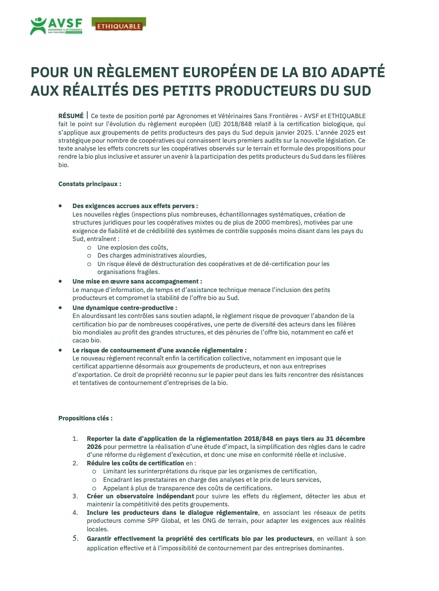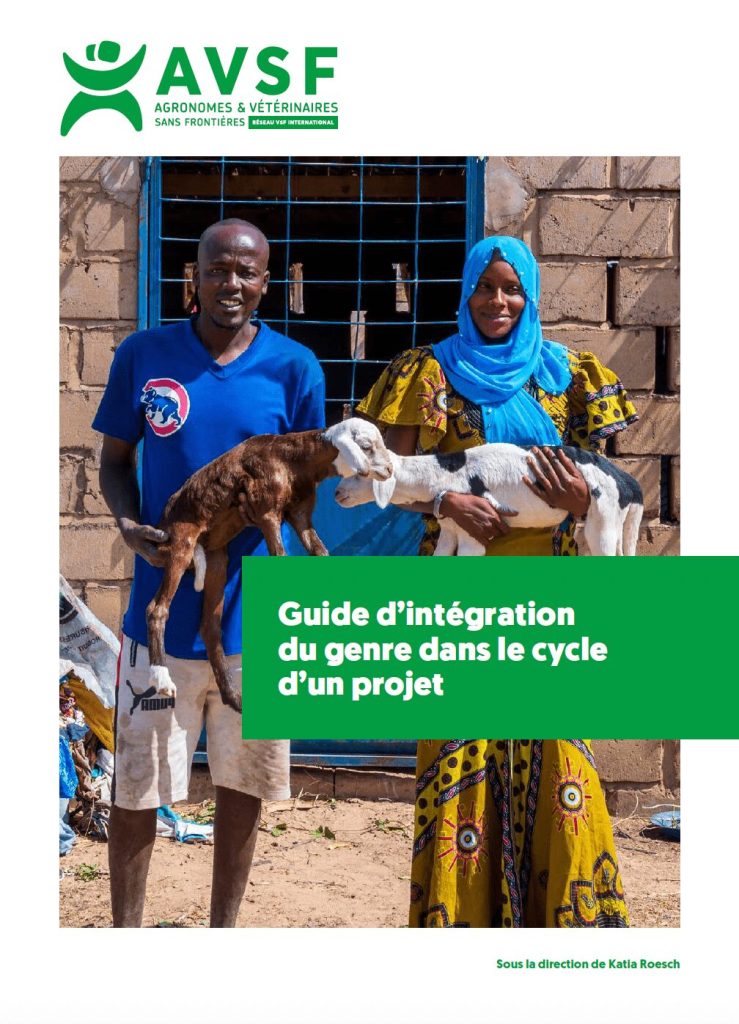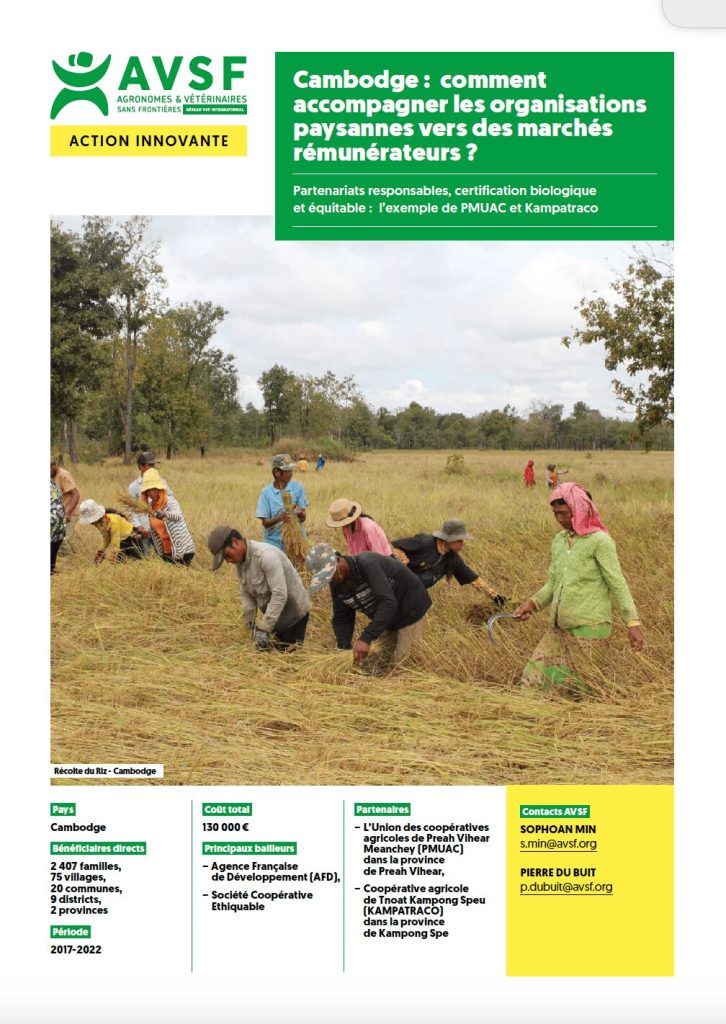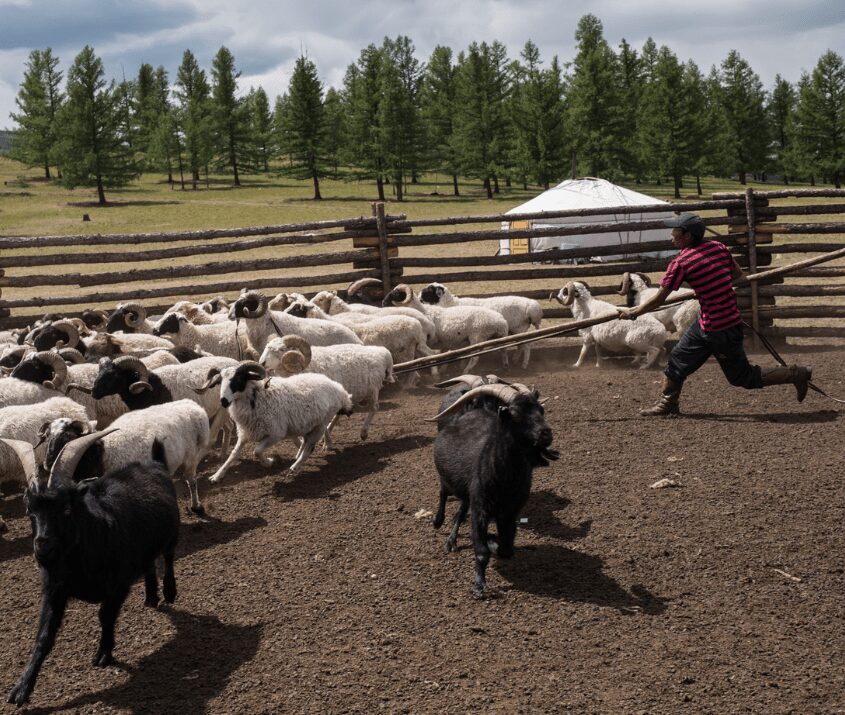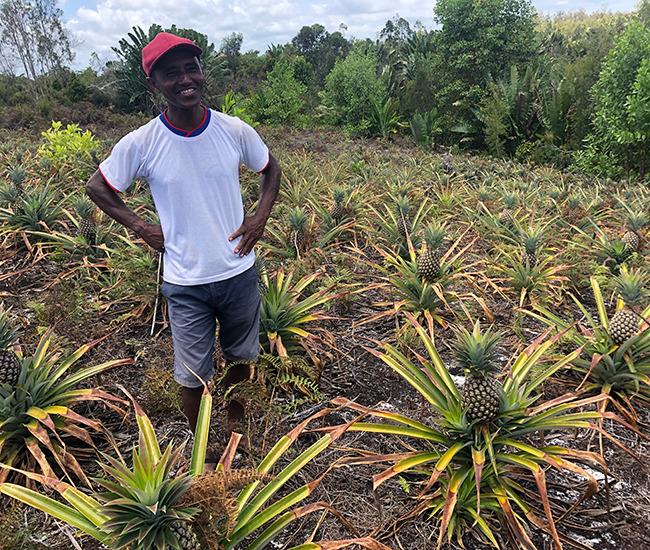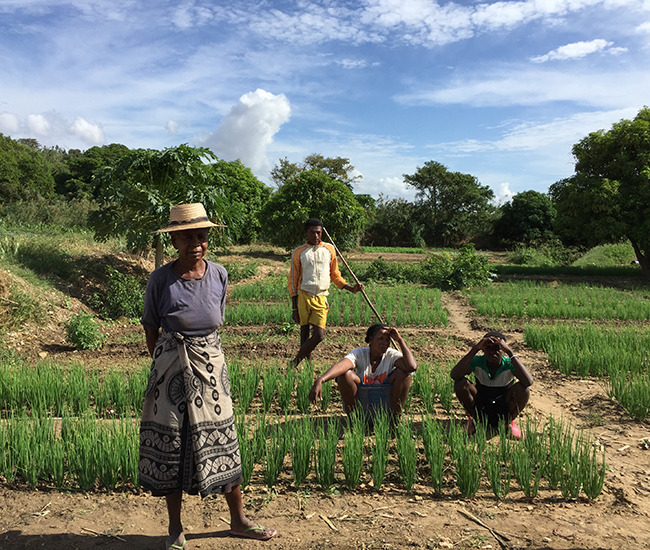Land Investments in the South
Smallholder Farming, Civil Society, and Land Investment in Developing Countries
Foreign investments in land are not a new phenomenon. However, while they had been dropping off since 1980, replaced by investments in contract farming or the various agribusiness sectors (inputs, machinery, processing, etc.), they have taken on a new magnitude and different nature since 2008. With the exception of instances of pure specu- lation, investment strategies are entirely new: these investments are no longer motivated by the comparative advantages of large-scale tropical crops, but by investor countries’ search for food, water and energy security.
The rapid rise in large-scale land acquisition and rental, the commoditization of land resources, and the size of the tracts of land concerned also give these foreign investments a new dimension. This phenomenon has recently drawn considerable attention because of the risks and challenges it raises. Diverse actors and international bodies have produced or are finalizing studies and position papers on the subject.
Nevertheless, the phenomenon remains impossible to quantify because of the inaccessible nature of the contracts. An inventory of five African countries (Ethiopia, Ghana, Madagascar, Mali and Sudan) conducted by the IIED, FAO and IFAD documented foreign investments involving nearly 2.5 million hectares of land from 2004 to early 2009. According to Olivier de Schutter, UN Special Rapporteur for the Right to Food, fifteen to twenty million hectares of farmland have been the subject of transactions or negotiations between developing countries and foreign investors since 2006. GRAIN, an NGO based in Spain that is very active in monitoring the media on this subject, has identified more than 530 articles in the press and documented more than 180 land transactions since June 2008. In an article published in the journal Études foncières, the author, director of the French NGO AGTER, stated that, “in the space of one year, tens of millions of hectares have fallen into the hands of a few large groups.” In addition, a report by BMZ (the German Ministry of Cooperation) states that “the reports available to the public have only addressed the tip of the iceberg.”
Faced with the major challenges for the future of food security and world agriculture, large- scale land acquisition and rental is a very controversial subject garnering strong interest from the media and public opinion.
To fuel the discussions on the subject, Coordination SUD’s Agriculture and Food Commission (C2A), already active in advocating for the defense of smallholder farming, therefore decid- ed to conduct an original study on massive investment in land from the as-yet little document- ed angle of the mobilization of civil society actors.
The present document contains the English version of the first section of the document “Agricultures familiales et societies civiles face aux investissements dans les terres dans les pays du Sud”, published in French.
It provides an overview of the subject. Based on six case studies of massive investments in land in Africa, Asia and Latin America, it aims to:
- describe specificities and cross-cutting characteristics, notably in regard to the nature of the investments, investors and policies of recipient countries;
- identify and highlight the risks generated by these massive investments in land for local populations and the sovereignty of recipient countries;
- analyze civil society’s mobilization in response to large-scale land grabbing: civil soci- ety’s goals and means of action, and the impact that its mobilization has had on the investment processes underway; and
- propose potential actions and lines of reflection to respond to the challenges facing civil society actors in order to regulate massive investment projects and defend alternative models that take into better account the rights and practices of local populations.
